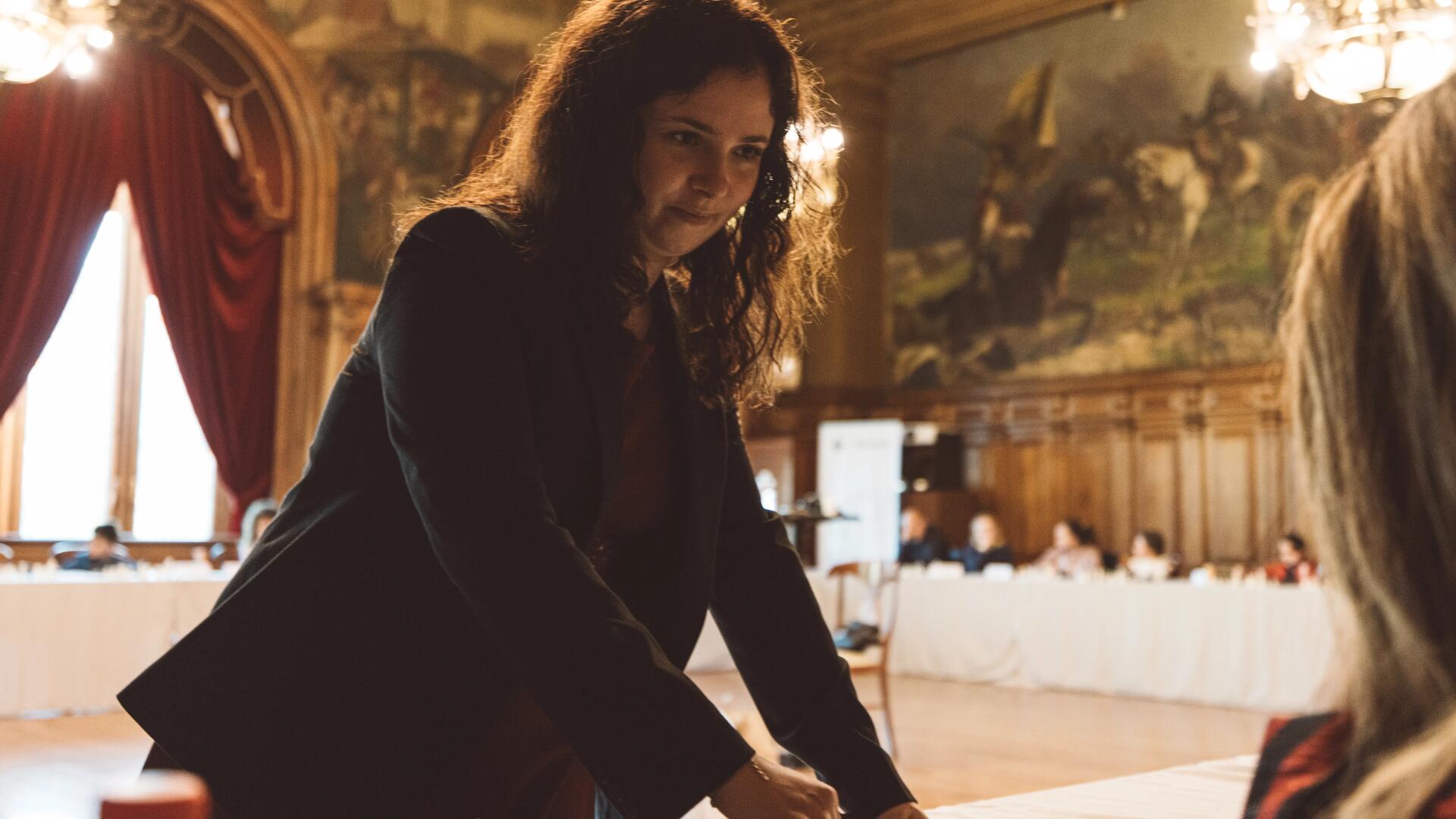Andreea navrotescu in a few words
Who is she?
Andreea Navrotescu, age 25, has been a professional chess player since 2018, when she completed a bilingual degree in English and Spanish culture. She started to play at the age of five, taught by her father who was also an international chess master. Last April at the tournament in Belgrade, she completed her third international tournament and walked away with the title of women's international Grand Master*.
Her record
2008, 2010, 2012, 2013, 2014 and 2015: she won the title of French youth chess champion
2012: bronze medal in the European championship, under 16 category
2016: silver medal in the fifth board in the Baku chess Olympiad
2019: third in the individual French championships
2022: first place in Women’s Day in Belgrade (Serbia), her third international tournament which earned her the title of women's international Grand Master
*To earn this title, you need to complete three international performances at 2400 Elo - the international chess ranking system - and this, against players with the same title.



